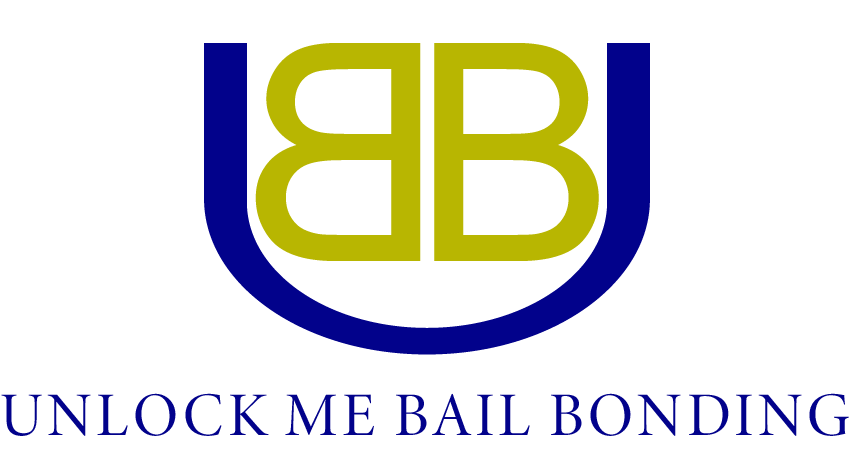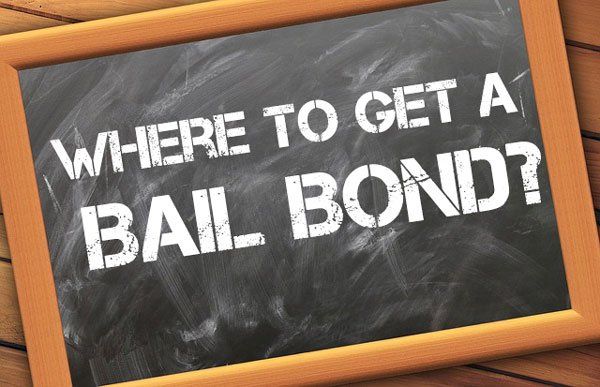Handling FTA's
I missed court what should I do??

I have a FTA what now?
Missing a court date can leave a person with an anxious pit in their stomachs. Figuring out what to do next leaves some individuals to forget about the FTA and deal with it later. Our company has seen countless defendants arrested for an FTA when they least expected it. The more FTA's a defendant has in their past lowers the probability of a bondsman submitting a bond on their behalf. Before you let it get to that point lest talk about some ways to handle a FTA
- First make sure you are checking your court date at nccourts.gov before you have the opportunity to miss.
- In some instances you can go to Clerk's Office in the county where you missed court and they may give you another court date. You can visit here and find your Clerks number.
- You can hire an attorney
and have them strike the OFA (order for arrest) and clear out the Bond Forfeiture which can get you a new court date.
- The defendant can turn themselves in and we can post bond for them again.
Potential penalties from an FTA
If you are charged with a motor vehicle offense, your failure to appear may result in the revocation of your drivers license and the N.C. Division of Motor Vehicles (NCDMV)
may assess additional fees against you. If a cash bond was required and posted, the bond will be forfeited, and the NCDMV will treat your failure to appear as a conviction that may result in points against your driving and insurance records or license revocation.
If you are released from jail pending further court dates and you then fail to show up, your bail will be forfeited. This simply means that any money you put up for your release is now gone. This also means that if you used the assistance of a bail bondsman for your bail, they will be looking for you. Following your forfeiture, a warrant will be issued for your arrest.
The best thing to do is to show up for your court date. The hassle of missing court is enough to make sure you are present at your court date.




